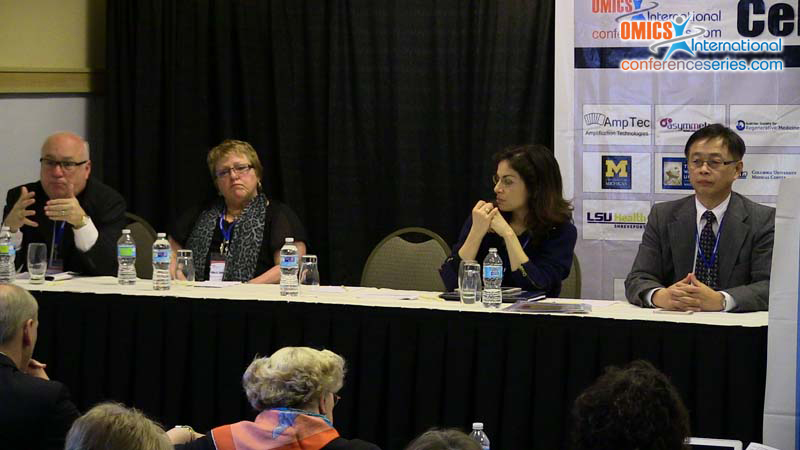Biography
Biography: Julie R. Murrell
Abstract
The long-term view of regenerative medicine therapies predicts an increased need for expansion solutions that ease scalability, utilize animal origin-free materials and are compatible with limited downstream processing steps. As more stem cell therapeutics progress through clinical testing, current in vitro culture methods in 2D vessels are proving cumbersome to scale. Moreover, the concurrent decreased demands for serum from the recombinant protein and vaccines markets may result in a shortage of serum as clinical cell therapy programs are successful. Currently available technologies and challenges in the upstream bioprocessing space, focusing on expansion of allogeneic mesenchymal stromal/stem cells (MSCs) will be reviewed within the context of specific case studies. First, we have developed an approach for selecting media and microcarriers, using adipose-derived MSCs as a model cell line. Next, an evaluation of animal-free media supplementation and cellular detachment solutions was performed. Because cellular therapeutic manufacturing processes are further complicated by the requirement to separate cells from microcarriers whilst retaining cell yield, viability and target phenotypic and functional characteristics, the importance of considering downstream challenges while establishing upstream parameters will be highlighted.



